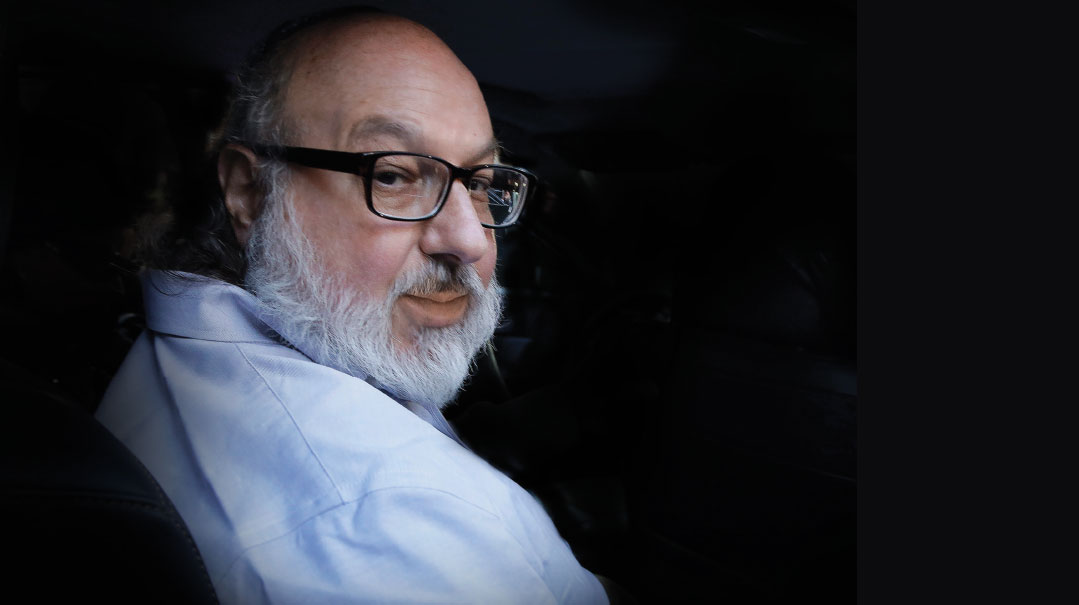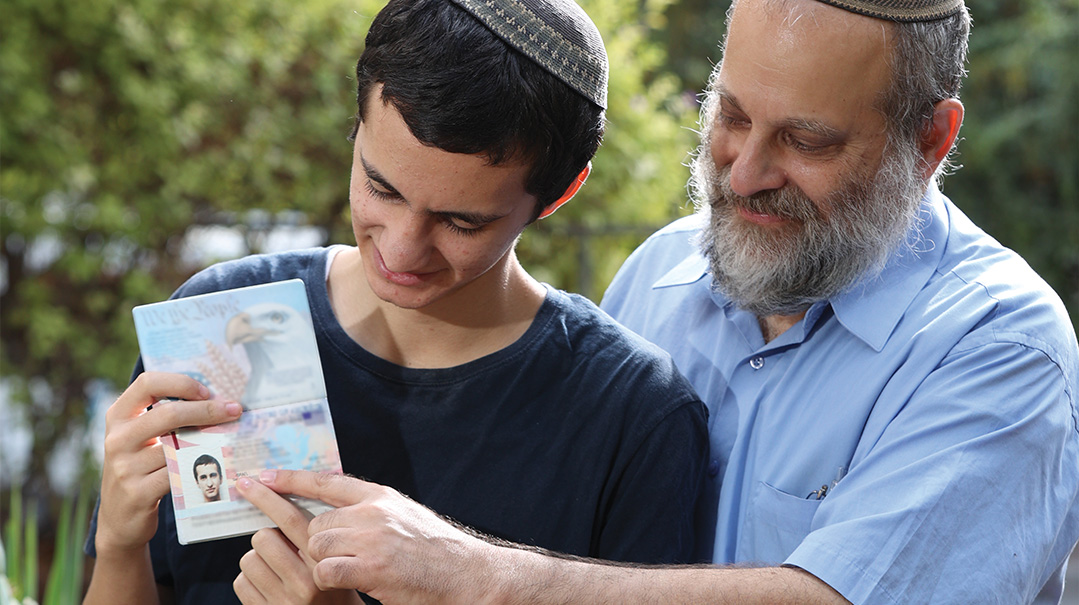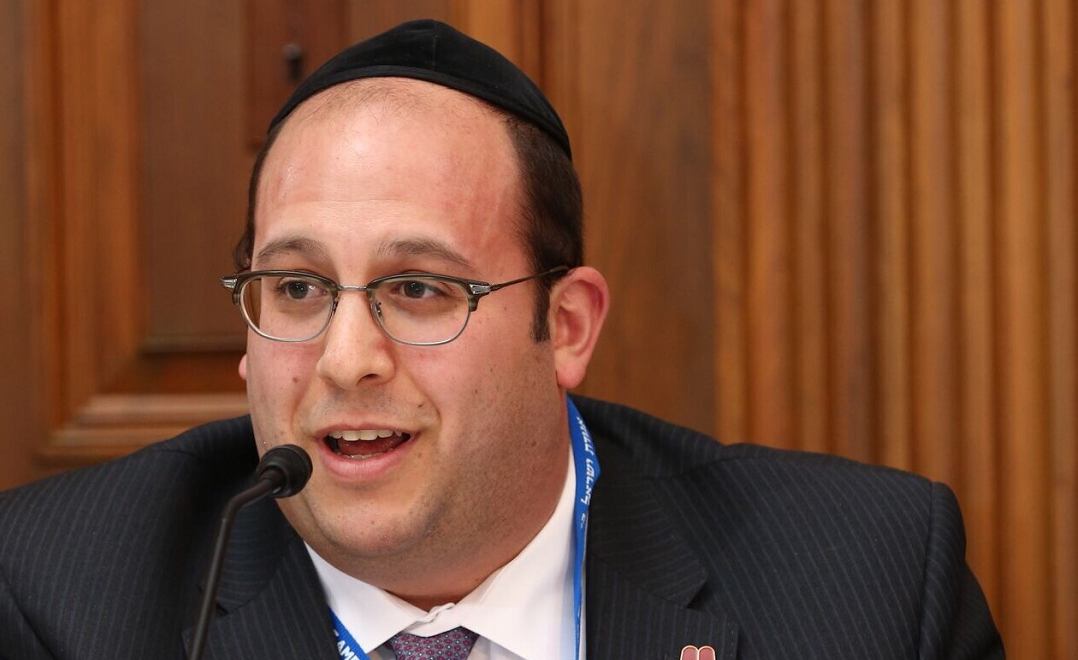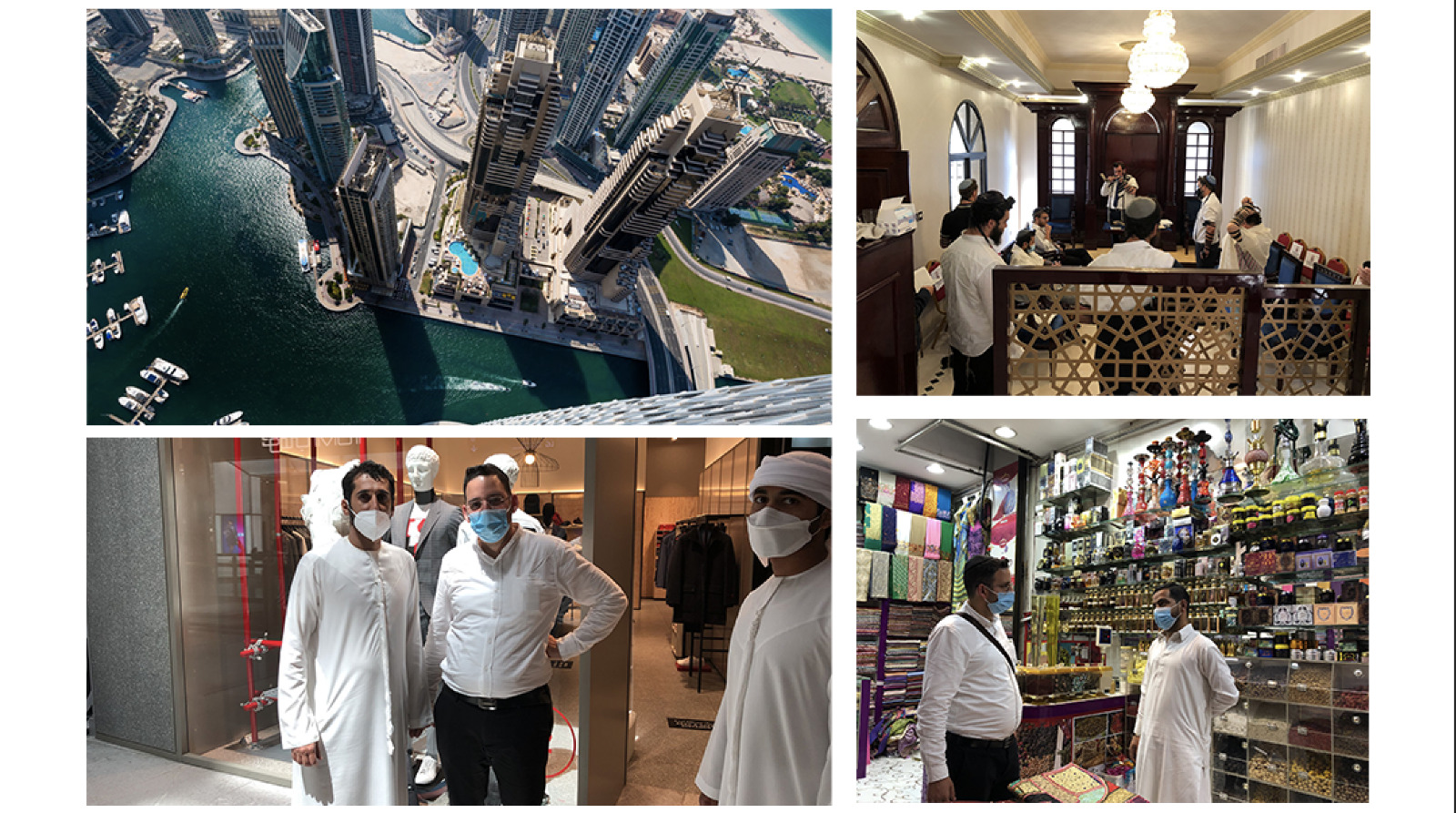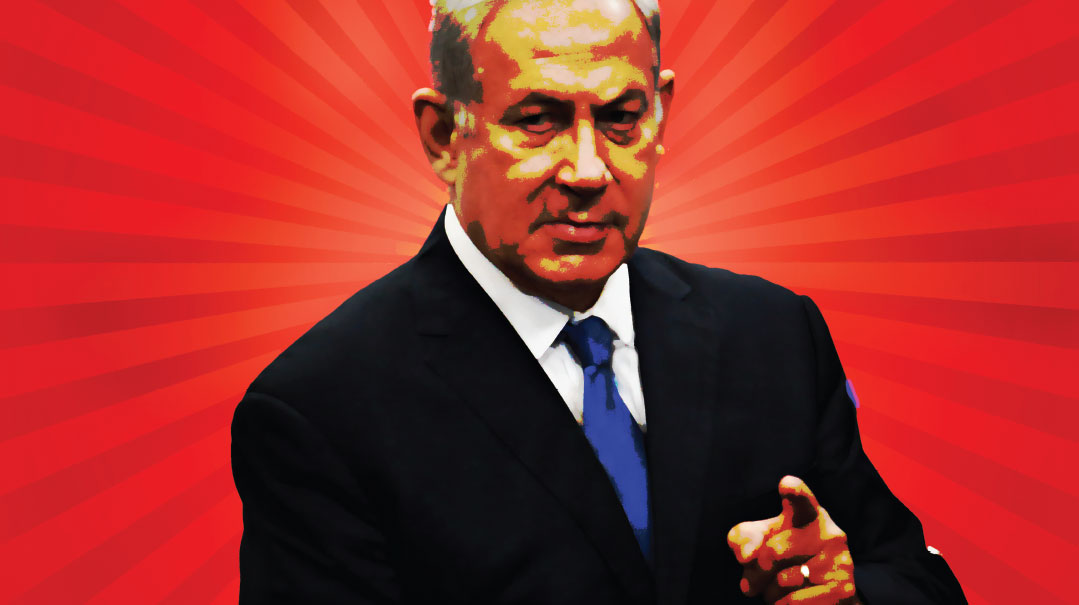No Questions

The shock and horror in the aftermath of the deaths of Aliza Azan and three of her children were matched only by the rock-solid faith of Aliza’s father

Rav Avraham Hamra: “We don’t understand, we have no knowledge. We have no questions, none… but we do have absolute faith in the Creator of the world. Ribbono shel Olam! I don’t know why You took away my beloved daughter, and I’m also not asking” (Photos Ezra Trabelsi)
The Syrian community of Brooklyn, together with Jews worldwide, were horrified by the news of a fire that tore through the home of the Azan family on the sixth night of Chanukah, claiming the lives of the mother, Aliza, and three of her children: Moshe, 11, Yitzchak Hallel, 7, and Henrietta Leah, 3, zichronam livrachah.
The fire, which according to the New York Fire Department apparently was sparked by a still-burning menorah, traveled quickly to the upper floors of the house where the family was sleeping. The father, Yossi Azan, bravely leaped into the flames, managing to save 16-year-old Shilat and 15-year-old Daniel. He tried to enter the house a second time, but he was already severely burned. All three are in critical condition. Providentially, 13-year-old Avraham and a cousin who was staying over were alerted by a beeping smoke detector and ran out of the house, suffering only minor injuries.
Compounding the shock and horror, many of the children’s friends are living through the trauma for the second time; both the Azans and the family of Gavriel Sassoon, who lost seven children in a fire in March 2015 and who subsequently moved back to Eretz Yisrael, were members of the Syrian community and attended its Yeshiva Ateret Torah school.
Aliza’s father, Rav Avraham Hamra of Holon, formerly the rav of the Jewish community in Syria, spent two endless, tortured days as an onen for his daughter, while waiting for the niftarim to be flown to Eretz Yisrael last Wednesday morning, the eighth day of Chanukah — although for the extended Hamra family, four lights had been extinguished.
While tears coursed unceasingly down his grief-lined cheeks, Rav Avraham Hamra strengthened himself and his family with words of faith. “Amku machashavot Hashem — Hashem’s thoughts are deep and hidden,” he told Mishpacha following the heartrending quadruple burial. “We don’t understand, we have no knowledge. We have no questions, none… but we do have absolute faith in the Creator of the world. Ribbono shel Olam! I don’t know why You took away my beloved daughter, and I’m also not asking. Hashem natan v’Hashem lakach, baruch Sheim kevod malchuto…”
Risk and Reward
Aliza Azan was born in 1978 in Damascus, Syria, the third child of Rav Avraham and Rabbanit Henrietta Hamra. Two years earlier, Rav Avraham, scion of a long line of rabbanim, had been chosen to be the chief rabbi of Syrian Jewry, the last person to serve in that capacity.
When Aliza was growing up, she watched as her father spared no effort to ease the lot of Syria’s Jews, putting himself at great personal risk while helping them flee the land that had been persecuting them since the establishment of Israel.
Aliza was just 13 when the Syrian authorities tightened their noose around the Jewish community, leading to the dissolution of the organized community va’ad. With mesirus nefesh, Rav Hamra took upon himself the burden of the entire kehillah. He served as principal of the Rambam school as well as of the school of the Alliance Française network, and even built buildings for both schools, ensuring a sound Jewish education for the Jewish children of Damascus.
But his most dangerous work was assisting community members leave the country. Under the cover of raising funds for the schools, the Rav traveled to Canada, Mexico, France, and the US, establishing close ties with prominent individuals as well as Jewish organizations such as the American Jewish Joint Distribution Committee, the Alliance, and Israel’s Prime Minister’s Office. Over the years, he was instrumental in orchestrating rescue operations for Syrian Jewry, sending them to established Syrian communities throughout Israel and the US.
(Excerpted from Mishpacha, Issue 691)
Oops! We could not locate your form.







